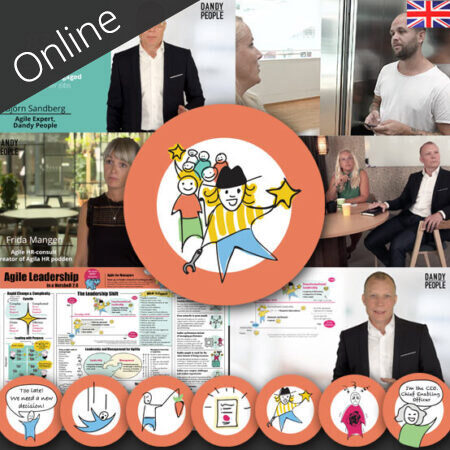When the pace has been picked up and everyday life spins at its highest pace the increase of sick leave caused by stress will increase. And those affected are your most valuable loyal employees that turn themselves inside out to deliver at work and in their private lives.
Sick leave due to stress of unhealthy work environments has increased to the double in the past ten years and is now the most common reason for sick leave in Sweden, and women are overrepresented in the statistics.
Facts from Försäkringskassan:
- Sick leave due to stress has increased by 359% in the years 2010-2017
- 25% of those that have been burned out is at risk of relapse, which means that 1 in 4 people fall back into sick leave
- 10% of elite athletes are on sick leave due to stress
- Stress-related illness costs Sweden 70 billion in socio-economic losses every year
Video can be found here. (In swedish)
Once a person has been burned out, it can take up to 10 years to recover, it is one of the longest recovery periods, even longer than some cancer diagnoses. Therefore, it is extremely important to detect and slow down this development in time. As a fellow human being and as a leader, it is important that you see signs of unhealthy stress.
These are some examples of signs of unhealthy stress.
Aggressive tone and behavior
Aggressiveness and short tone are signs that the brain has turned on its flight and fight behavior, to protect against dangers, and should be taken seriously. Sit down in a quiet room alone with the person and describe how you experience their behavior, without judging it, and then ask how the person is feeling.
Sleep problems
If a person repeatedly shares that they have slept poorly, have difficulty falling asleep or wake up very early in the morning and cannot fall back asleep, these are signs that the stress has gone way to far. When a person doesn’t sleep, it means our natural recovery system has stopped working.
Stomach problems, weight gain or weight loss
When flight and figh behavior is activated, several of our physical functions are turned off. Including the stomach and metabolism. If a person complains of stomach problems or has increased or decreased weight quickly, it may be due to prolonged stress.
Concentration problems
Just like above, the brain’s capacity will be gradually reduced. One behavior that can be noticed is if someone starts to forget about meetings, tasks or doesn’t contribute in the same way as before.
Having a cold all the time
The immune system is another physical function that is impaired during prolonged stress. This means that the person is more susceptible to infections and will be “constantly having a cold”.
Neck and shoulder pain
Surfaced breathing is due to stress and causes tension in the neck and shoulders. When breathing is superficial for a long period of time, shoulders and neck will be stretched more than normal and neck restraints or other ailments will be affected.
Headaches and hypersensitivity
If a person complains of repeated headaches or hypersensitivity to sound, light and scents, you need to ask why. It may appear that people complain about the physical work environment, such as air or sound, or ergonomics, but it can actually be caused by stress.
Severe symptoms
- dizziness and fainting
- paralysis in body parts, such as facial paralysis or inability to walk
- palpitations, irregular heart rate, heart rush
IF THIS HAPENS call the emergency number straight away
Keep in mind that stress does not have to be caused by excessive workload. It is also greatly affected by our private life. Emotional stress due to a shaky family relationship, grief of the loss of a loved one, own illness or fear of illness or an unstable financial situation.
A person who will suffer from the above is often a person you see as responsible, high performing and stress resistant. They are the people who are capable of pushing themselves so hard that they can ignore all of the above signs for a long time.
If a person is showing signs of this behavior, the absolute best thing you can do is have repeated conversations where you ask the person how they are doing, and actually listen to the answer. You should not take the responsibility that the medical care should do, but you can help the person to recognize that there is an unhealthy development and that the person must act before they get hurt.
The most important thing is to dare to talk to the person who is showing signs of stress and to do so with genuine consideration of that person. To help the person to act to create change that creates a sustainable situation, both at work and in their private life.
Since 2015 there has been legislation regarding social and organizational work environment in Sweden, that you can read more about here.
Also, remember to put the oxygen mask on yourself first before helping anyone else.
/Isabelle Svärd. Agile coach and (still) recovering from being burned out in 2015.


